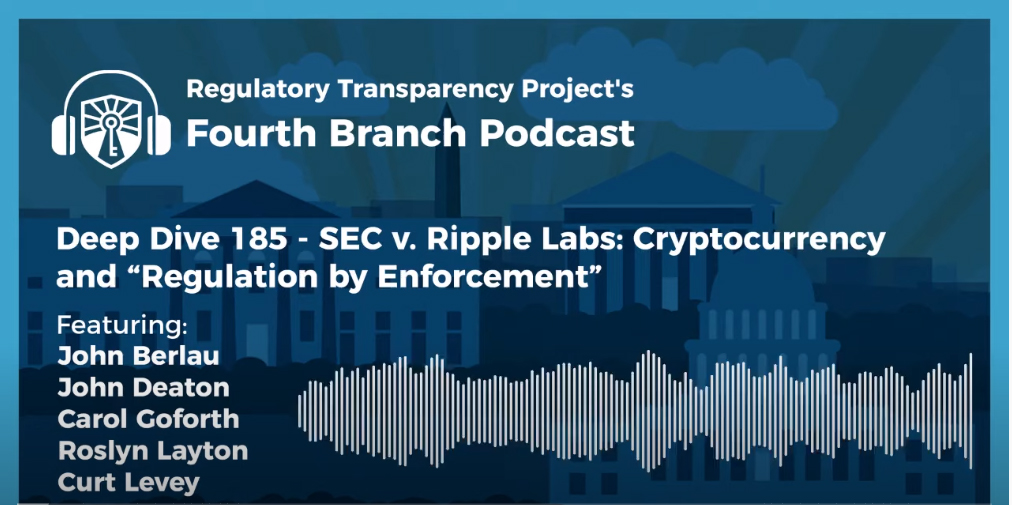By Roslyn Layton. August 28, 2022. (Forbes)
By law, regulatory agencies should only regulate that which they have authority to regulate. Deference is allowed to some degree, should the agency’s justification be reasonable and ideally evidenced. Notably Congress promulgated the Administrative Procedure Act (APA) in 1946 to guide agency process to publish notice of rulemaking in the Federal Register and provide opportunity for public comment. This standard process seems to have never have happened for crypto assets at the Security and Exchange Commission (SEC). The SEC website does not include an entry for regulation for crypto, either completed or proposed.
In May 2022, the SEC beefed up its Cyber Unit to the Crypto Assets and Cyber Unit, budgeted for 50 dedicated officers and more than doubling the department’s headcount. The unit counts some 200 lawsuits since its founding in 2017, with fraud being the subject in at least 80 investigations. The agency also reports restoration of $2 billion in monetary relief.
No one denies that crypto assets, like any asset or technology, can be used fraudulently. The very features that make crypto assets desirable can also be exploited, including but not limited to ease of startup and use, anonymization, and lack of intermediaries. Plus, some users can undoubtedly be greedy and gullible. It does not help that some have disguised crypto scams as legitimate services.








